- Home
- Graduate
- Academic Programs
- Library and Information Science PhD
Library and Information Science PhD
Our PhD in Library and Information Science empowers students to learn and analyze the information needs of users — applying a variety of tools and technologies to locate and evaluate information and to organize, manage, and preserve information and materials so they become accessible sources of knowledge.
Our flexible program allows you to take classes fully online, at our Boston campus, or a combination of both. Core courses are offered in synchronous online formats with electives that may be taken either online or face-to-face. You'll work closely with experienced faculty and other master's and doctoral students through analytical papers, experience reports, teaching and service activities and self-reflective essays. Our students emerge from this degree with a record of publications, professional experience and an extensive portfolio.
The School of Library and Information Science has an established reputation for producing leaders in professional service at local, national and international levels. You'll benefit from an extensive alumni community (and the New England LIS community) that enriches the doctoral experience. Our program emphasizes scholarship, teaching, and service and prepares students for research and faculty positions.
Students must complete a total of 36 credit hours to earn the Ph.D. degree. Of these, 33 credit hours are allocated to coursework - 15 credit hours of required courses and 18 credit hours of elective courses. The remaining 3 credit hours are devoted to the dissertation.
Required Courses (15 credit hours)
| LIS620 | History, Concepts, and Research Opportunities | 3 |
| LIS621 | Conducting Research | 3 |
| LIS642 | Applied Statistics for Library & Information Science | 3 |
| SW654 | Qualitative Research Methods | 3 |
| HPED531 | Teaching Methodologies, Course Design, and Assessment | 3 |
Elective Courses (18 credit hours)
Students often take independent study courses related to their research, as well as research-related or other courses of interest at the master's level. They may also take doctoral-level courses from other disciplines to support their academic and professional goals.
Dissertation (3 credit hours)
| LIS699 | Dissertation | 3 |
The PhD program in Library and Information Science (PhD/LIS) is composed of a cohesive and collaborative cohort of students who are mentored from enrollment through completion of the dissertation. This flexible PhD/LIS program is unique in its guided preparation in the three areas of research, teaching, and service.
During the program, students are able to research a variety of dissertation topics within library and information science as well as information professions. Students emerge from the program with a strong research record, solid teaching experience, a high professional activity standing, and a portfolio documenting their academic achievements and scholarly expertise in their areas of study. Students work with a faculty advisor to tailor the program to their interests and career goals.
Recent doctoral topics of research include:
- Investigation of how curators define, recognize, and repair research data in data repositories
- Future framing of public library director’s social justice leadership practice
- Investigation into academic library leaders’ utilization of their social networking during library organizational restructuring
- Developing a research-based framework for teaching undergraduates with archives
- Oral Histories of Sexual and Gender Minority Members of a Twelve-Step Program Clubhouse
- How librarians evaluate news online
Through a combination of required and elective courses, independent study, workshops, and guided experiences, the PhD focused on library and information science prepares students for lifelong activity in research, scholarship, teaching, and service. Students work closely with faculty as they progress through the degree, and are guided by faculty advisors and annual reviews of progress as evidenced by analytical papers and other course work, experience reports related to teaching and service activities, and self-reflective essays. The doctoral program is a small, strong program composed of students who form a cohesive and collaborative cohort, and who will be nurtured from enrollment through to completion of the dissertation.
Program Attributes
- The program provides guided preparation in the three areas of scholarship, teaching, and service.
- Students emerge from the degree with a record of publications, teaching experience, a professional activity record, and a portfolio.
- Simmons is small and personal, but at the same time has excellent bibliographical and technological resources and can draw on a robust local library and information community.
- There are rich opportunities for synergy between the doctoral and master's students. Collaborative research and group work enriches the learning experience and fosters a stimulating classroom environment.
- SLIS has an established reputation for producing leaders in professional service at local, national, and international levels. Interaction with the SLIS alumni community (and the New England LIS community) enriches the doctoral student experience.
Areas of Study
Doctoral studies can be conducted at various intersections of setting, audience, and activity. Some areas of study that reflect the strengths of our faculty include archives and preservation; digital cultural heritage; information organization (including cataloging, classification, and metadata); reference and information services; management and leadership; youth services; information literacy; information behavior; library technology; and librarianship in academic, public, and school settings
Student Learning Outcomes
A graduate of the Simmons SLIS PhD program:
- Demonstrates in-depth familiarity with scholarship in the field of library, archival, and information science;
- Articulates prominent theories in the field of library, archival, and information science;
- Identifies researchable problems and applies relevant research studies, research designs, and methodologies to tasks requiring problem solving and critical thinking;
- Analyzes and presents information, including research proposals and findings, clearly and accurately in a variety of formats;
- Conducts qualitative, quantitative or mixed method research studies by engaging in reflective inquiry, performing data collection and analysis, composing research reports, and producing publications and a dissertation;
- Engages in teaching activities, develops appropriate unit- or course-level student learning outcomes, and plans and implements learning experiences that assist students to achieve those outcomes; and
- Leads service activities for local, national, or international professional associations and communities.
Approved by SLIS Faculty on October 18, 2017.
Spotlight on Library and Information Science PhD Students and Alums

2025–26 Graduate Student Research Award Recipients
The Office of Research and Fellowships has announced the recipients of the 2025–2026 Graduate Student Research Award. This competitive, cross-disciplinary award provides up to $1,500 to five doctoral and master’s degree candidates to conduct research in the fields of mental health, social work, children’s literature, and archival preservation.
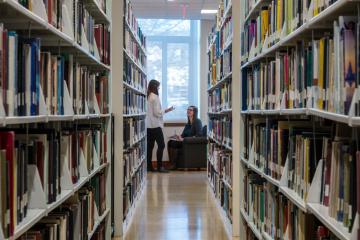
SLIS Professor Named Outstanding Information Science Teacher
School of Library and Information Science (SLIS) Professor and Library and Information Science PhD Program Director Kyong Eun Oh has been named the 2025 winner of the Association for Information Science and Technology (ASIS&T) Outstanding Information Science Teacher Award.
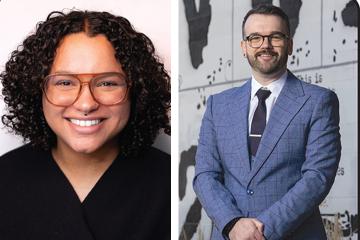
SLIS Alumnae/i Selected as Library Journal Movers and Shakers
Mallory (Walker) Wareham ’20MS and Jason Homer ’11MS, ’26PhD were named Movers & Shakers 2025 by Library Journal.
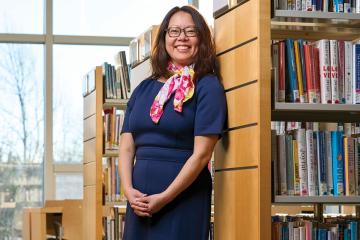
Cambridge Director of Libraries Fosters Learning and Community
Maria McCauley ’17PhD says some of her fondest childhood memories are of visiting her local public library. This lifelong passion for knowledge is part of the reason she decided to pursue library and information science as a second career.
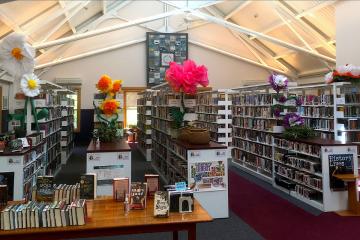
Library and Information Science Doctoral Student Named New Director of Truro Public Library
The Provincetown Independent reported that Chris Kaufmann ’20MS, ’25PhD, a current student at Simmons’ School of Library and Information Science (SLIS), will be the new Director of the Truro Public Library.
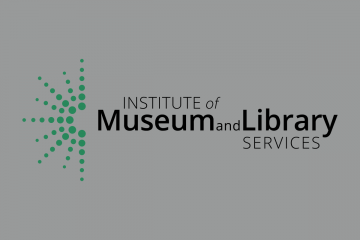
Doctoral Candidate Named Acting Director of Institute of Museum and Library Services
Cyndee Landrum, a student in the Simmons University Library and Information Science PhD, was named Acting Director of the Institute of Museum and Library Services (IMLS) this March. In honor of Library Card Sign-up Month, we share this interview with Landrum about her studies at Simmons and goals at IMLS.
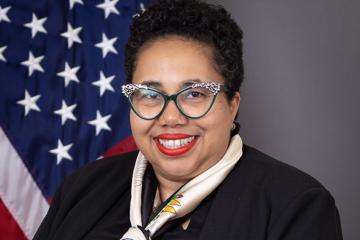
Library and Information Science PhD Student Named Acting Director of IMLS
Cyndee Landrum, a student in the Simmons University Library and Information Science PhD, has been named Acting Director of the Institute of Museum and Library Services (IMLS).

Simmons School of Library and Information Science Student Empowers LGBTQIA+ Community
Jason Homer ’11MS, ’26PhD, Executive Director of the Worcester Library, works with his community to promote inclusivity, challenge pre-existing assumptions, and empower library patrons. Homer spoke with MassLive about his journey.
Our Faculty

Naresh Agarwal
Professor and Director of Information Science & Tech Concentration
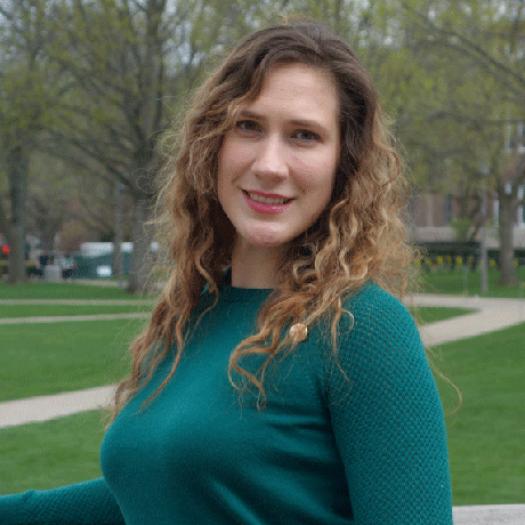
Rhiannon Bettivia
Associate Professor

Peter Botticelli
Associate Professor and Director, Cultural Heritage Informatics Concentration
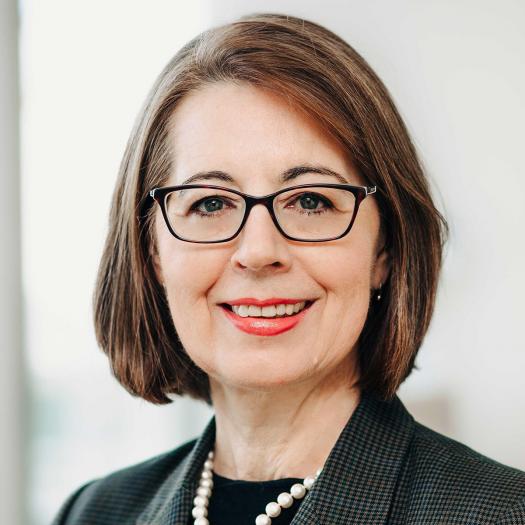
Sanda Erdelez
Dean, School of Library and Information Science
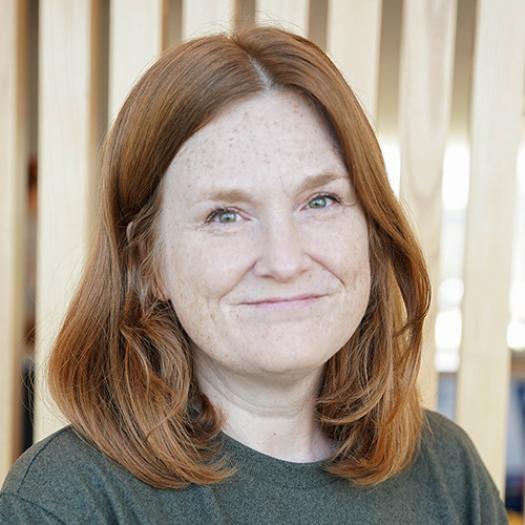
Heather Hole
Professor, disciplines of Museum Studies and Art History
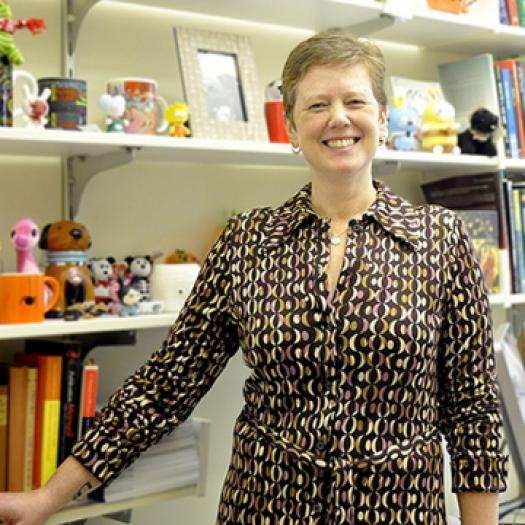
Lisa Hussey
Professor and Director of Self-directed Concentration

Daniel Joudrey
Professor and Director of Libraries and Librarianship Concentration
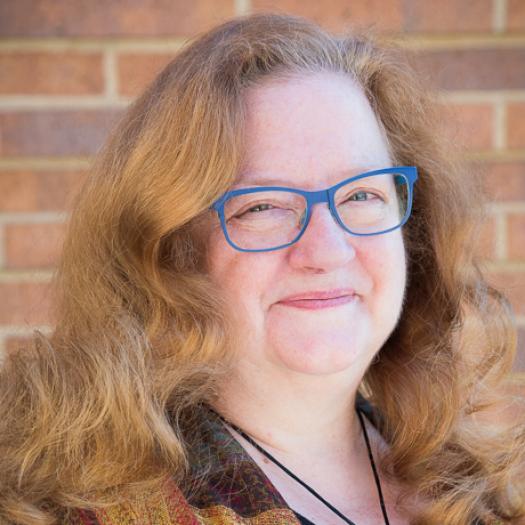
Melanie Kimball
Associate Professor and Director, School Library Teacher Concentration
Zona Kostic
Assistant Professor
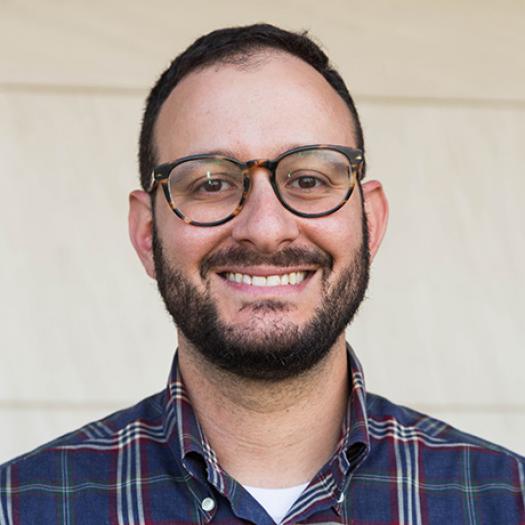
Adam Kriesberg
Associate Professor and Co-Director of Dual Degree MS LIS-Archives and MA History Program

Kyong Eun Oh
Professor and Director of the PhD Program
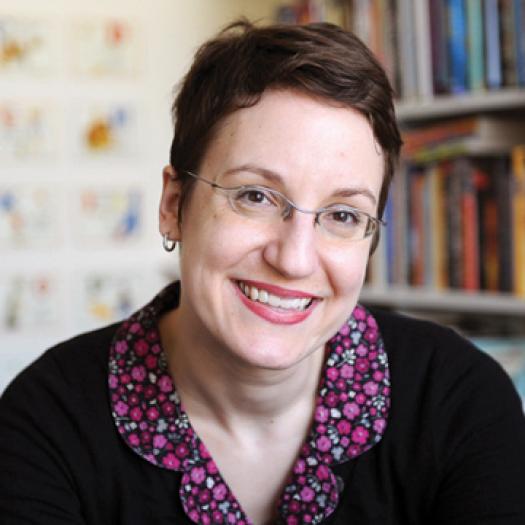
Amy Pattee
Professor
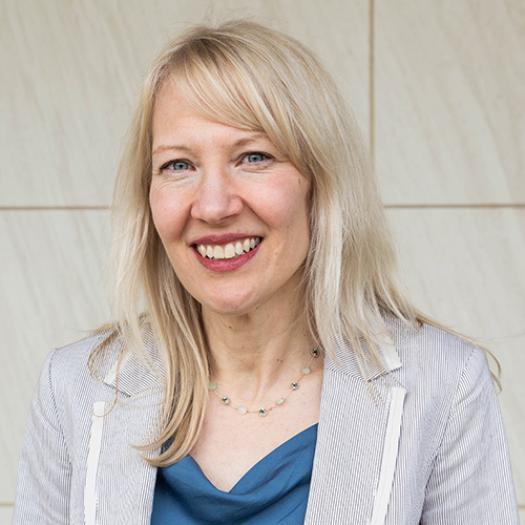
Laura Saunders
Professor and Associate Dean of SLIS

Don Simmons
Assistant Professor
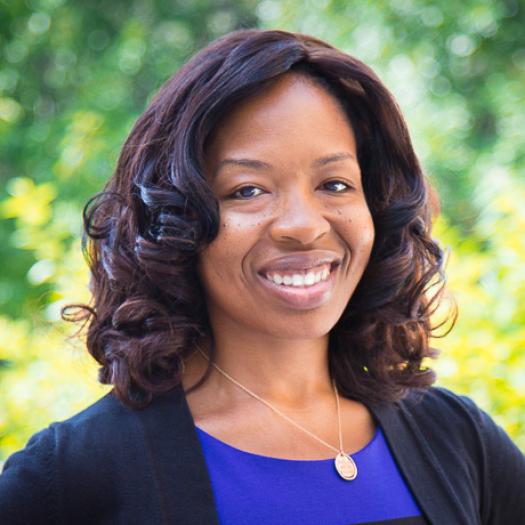
Rebecca Stallworth
Associate Professor

Shengang Wang
Assistant Professor
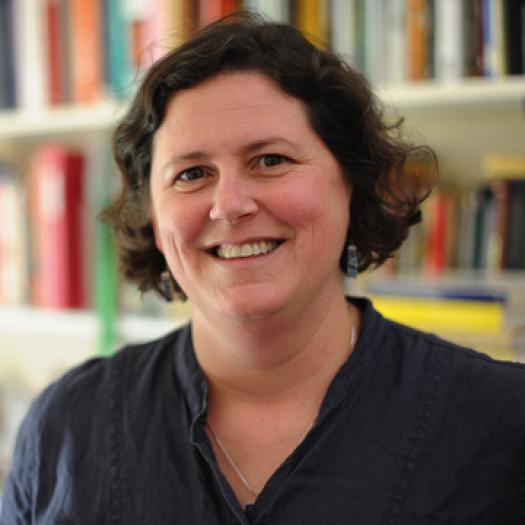
Katherine Wisser
Associate Professor and Masters Program Director, Director of the Archives Concentration, and Director of Archives Certificate Program
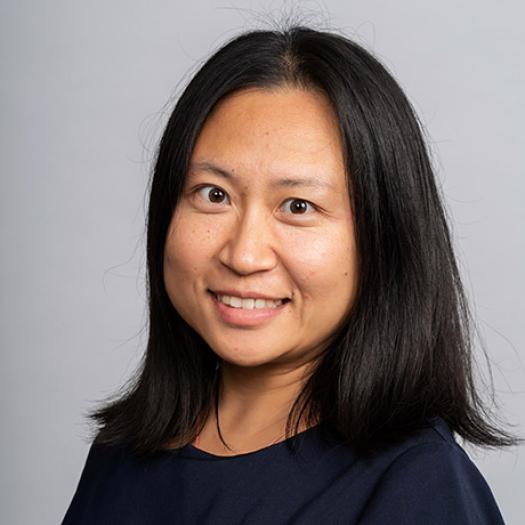
Mei Zhang
Assistant Professor
Related Programs
Graduate
-
Children’s Literature + Library Services to ChildrenMA, MS
- MA
- MS
-
Library and Information Science (MS)MS
- MS
-
Library and Information Science: Archives Management + HistoryMA, MS
- MA
- MS
-
Library and Information Science: Archives Management CertificateCertificate
- Certificate
-
Library and Information Science: Archives Management ConcentrationMS
- MS
-
Library and Information Science: Cultural Heritage Informatics + HistoryMA, MS
- MA
- MS
-
Library and Information Science: Cultural Heritage Informatics ConcentrationMS
- MS
-
Library and Information Science: Information Science and Technology ConcentrationMS
- MS
-
Library and Information Science: School Library Teacher ConcentrationMS
- MS
-
Library and Information Science: School Library Teacher LicensureCertificate
- Certificate
